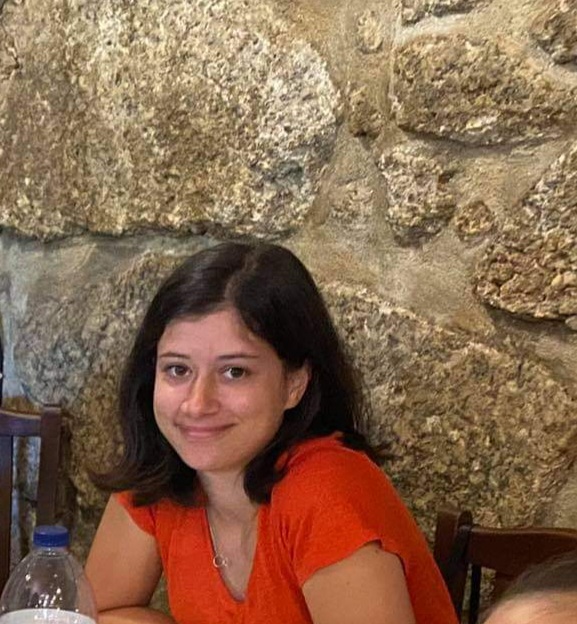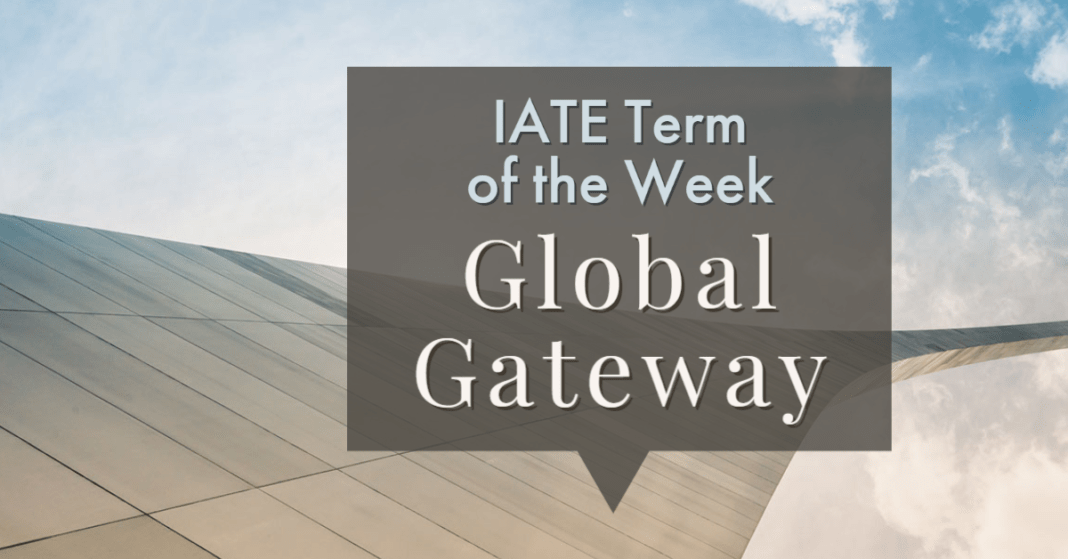The Global Gateway strategy is a European initiative created to stimulate smart, clean and secure connexions in the digital, energy and transport sectors and to enhance the health, education and research systems all across the world. It was created to address current global challenges like climate change. In total, €300 billion of investments should be made available between 2021 and 2027.
With this initiative, the European Union wants to re-establish their status and to rival China’s “Belt and Road Initiative” which is a similar initiative that aims to facilitate trade between markets in different Asian countries and beyond.
The Global Gateway strategy bases its partnerships on 6 principles:
- democratic values and high standards
- good governance and transparency
- equal partnerships
- green and clean
- security focused
- catalysing private sector investment
The areas in which the Global Gateway strategy will be implemented are the digital sector in which the EU will help strengthening their connexions between Europe and the world and will help partner countries deal with digital divide and integrate the global digital ecosystem. The second area where the strategy will be implemented is climate and energy. The EU wants to help low- and middle-income countries by investing in mitigation and climate resilience, as well as clean energy. To do this, they will support green transformation and promote green technology exchanges and reinforce energy security. An additional area where the EU will take action is transport. With the Global Gateway they will invest on new infrastructures that will make networks safer, smarter, more sustainable, more inclusive and more resilient. Health is another important area that the EU wants to improve by addressing the problems faced in the countries. More diverse pharmaceutical supply chains and improvements in the security of supply chains are two of the main reasons why the EU wants to invest in this field. Last but not least, the EU wants to invest part of the total amount on education and research by attaching particular importance to the inclusion of girls and women and other vulnerable groups as well as helping partner countries improve their education systems. Strengthening the cooperation on research and innovation is also part of the program.
In December, the European Commission published two press releases giving precise details about investments they were planning in Africa and in South-East Asia. For Africa, the EU investments are going to be used to increase the awareness around sexual and reproductive health and rights (SRHR) and develop the needed infrastructures. As for South-East Asia, the EU announced an investment of €10 billion to accelerate infrastructure investments in the ASEAN countries. With this investment, the EU will push the countries of South-East Asia into the direction of a greener economy thus improving access to “essential services, and economic opportunities and jobs”.
References:
Global gateway, European Commission. Available at: https://commission.europa.eu/strategy-and-policy/priorities-2019-2024/stronger-europe-world/global-gateway_en#:~:text=The%20Global%20Gateway%20strategy%20is,resilient%20connections%20with%20the%20world.&text=The%20Global%20Gateway%20will%20deliver,lasting%20benefits%20for%20local%20communities (Accessed: January 23, 2023).
EU and African partners launch flagship initiative to enhance sexual and reproductive health and rights (no date) European Commission. Available at: https://ec.europa.eu/commission/presscorner/detail/en/IP_22_7738 (Accessed: January 23, 2023).
Global Gateway: EU and its Member States to mobilise €10 billion for South-East Asia (no date) European Commission. Available at: https://ec.europa.eu/commission/presscorner/detail/en/ip_22_7678 (Accessed: January 23, 2023).
Teevan, C. et al. (2022) The Global Gateway: a recipe for EU geopolitical relevance? Available at: https://ecdpm.org/application/files/4616/5779/4869/Global-Gateway-recipe-EU-geopolitical-relevance-ECDPM-Discussion-Paper-323-2022.pdf (Accessed: January 24, 2023).

Written by: Dina Pinto Pereira
Born in Luxembourg, Dina is currently taking part in the Master in Learning and Communication in Multilingual and Multicultural Contexts at the University of Luxembourg. For her bachelor’s degree she went to Nancy, France where she completed a Bachelor in Applied Foreign Languages (LEA). Her mother tongue is Portuguese and apart from that, she speaks English and the 3 official languages of Luxembourg. In her free time, she enjoys listening to music, playing clarinet in two orchestras and reading.

